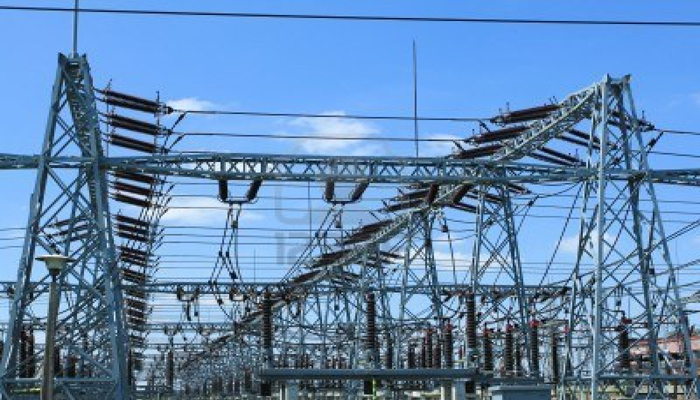- FEC Approves Completion of Odogunyan Power Project
The Federal Executive Council on Wednesday approved the completion of the abandoned Odogunyan power project in Lagos state at the revised cost of N3.5bn.
The Minister of Power, Works and Housing, Mr. Babatunde Fashola, made this known at a news conference he jointly addressed with the Minister of Information and Culture, Alhaji Lai Mohaamed after the weekly FEC meeting.
The meeting was presided over by Vice-President Yemi Osinbajo.
Fashola said the power project, which was initially awarded in 2009 at the cost of N3.2bn and was to be completed in mid-2011, was abandoned due to lack of funds.
He said, “You will recall that I had in previous briefings told you what the strategy was – incremental power in short time – and that is what we are addressing – expanding the transmission, improving the generation.
“So this approval was an approval to enable us complete the Odogunyan and Ikorodu transmission sub-stations in Lagos and to provide additional transformer capacity at the sub-stations, 260MVA transformers and transmission lines of 132KVA.
“This will complete the works in that area generally known within the power industry as Ayobo West.
“The contract had been awarded before and abandoned, because it was not paid for.
“So, it is part of the completion. It was awarded since 2009. It should have been completed in 18 months, which would have been sometime in mid-2011, but because of lack of funding – which story you know – nothing happened.
“So that is the approval we got today.
“And of course, the cost has been revised as a result of the economic realities so that this can be completed and put into use.’’
On the current epileptic electricity supply being experienced across the country, the minister said the problem was not due to technical issues, but financial and human factors considering that gas suppliers had not been fully paid.
Fashola said, “Apart from the sabotage that we have had from the Western axis of the Niger Delta, the Escravos Lagos pipeline is also not operational, the Forcados export terminal too has been out of operation.
“So, if you can’t produce oil, you cannot take the gas. And the gas is the fuel that the power plants need.’’
The minister, however, assured that government was doing all it could to address the challenges facing the country’s power sector.
He said, “As I have always said, it is not technical; it’s financial. Vandalism of pipelines is not technical. People are destroying (the pipelines), because they are hungry.
“People collect money, but are they remitting everything in a manner that is fair, even if it is not enough?
“So, some people don’t get their own share and they ask themselves why they should continue to supply if they don’t get paid, because they are bankers and financiers.
“So, we are talking with everybody trying to resolve the situation.
“As at (Jan. 24) yesterday, we were back to (the situation in) 2009. But we are building up again and very soon there will be some stability.
“These are set backs on the road to incremental power, but we will overcome them.’’



 Naira4 weeks ago
Naira4 weeks ago


 Naira3 weeks ago
Naira3 weeks ago


 News4 weeks ago
News4 weeks ago
 Travel4 weeks ago
Travel4 weeks ago




 Naira4 weeks ago
Naira4 weeks ago


 Jobs3 weeks ago
Jobs3 weeks ago
 Naira3 weeks ago
Naira3 weeks ago


 Travel3 weeks ago
Travel3 weeks ago




















